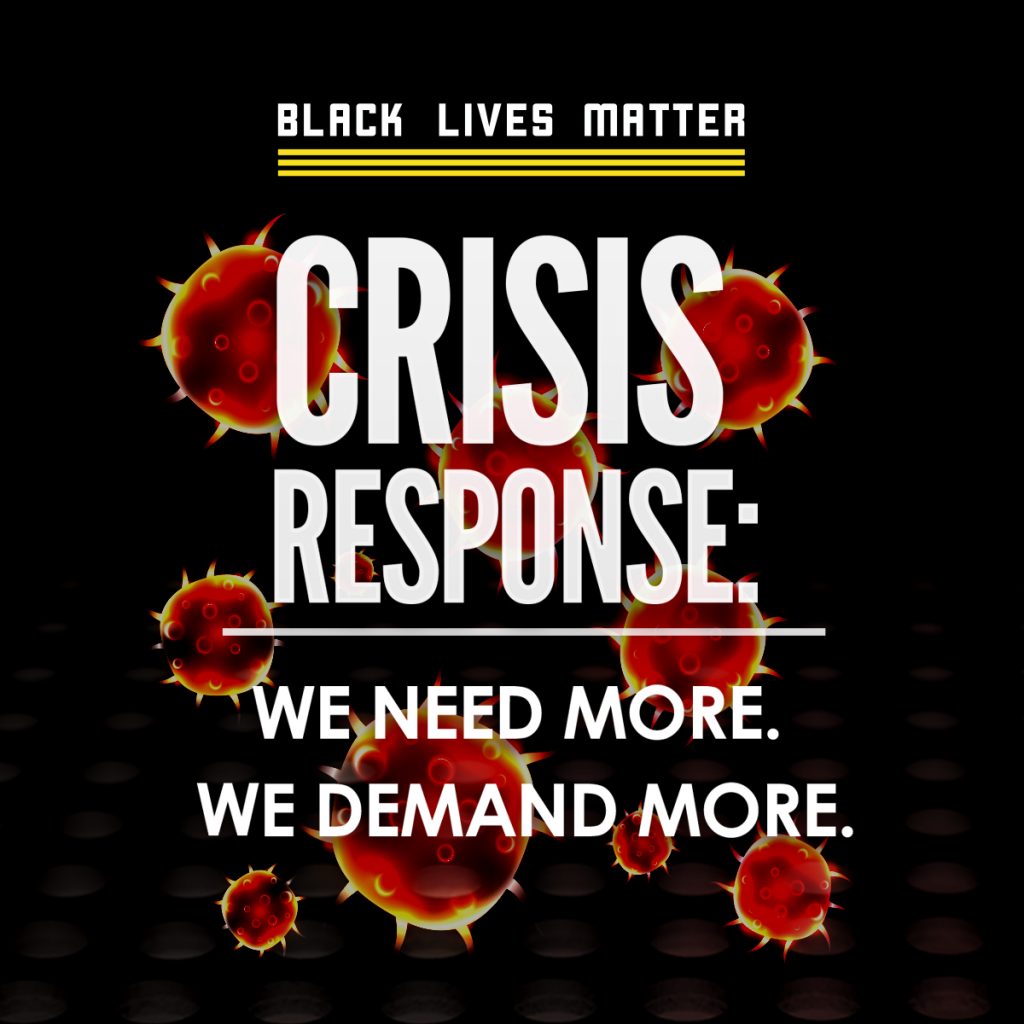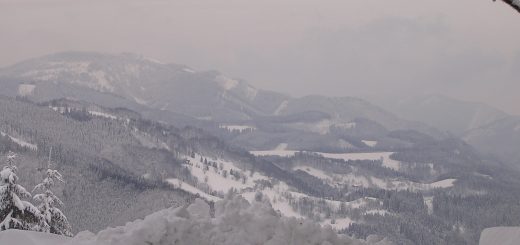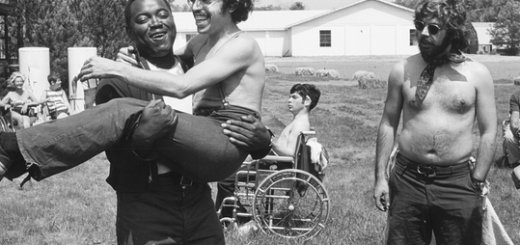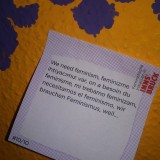
The USA, a state founded on forcefully expropriating land from its Native American inhabitants and exploiting that land using slave labour, has always had a problem with institutionally embedded racism and state violence aimed at maintaining the power of the wealthy.
In 2012 #BlackLivesMatter was started by Alicia Garza, Patrisse Cullors and Opal Tometi as ‘a call to action for Black people’ after 17-year-old Trayvon Martin was posthumously effectively placed on trial for his own murder. The killer, George Zimmerman, was not held accountable for the crime he committed. In 2014 demonstrations followed the death of Michael Brown in Ferguson, St. Louis and Eric Garner in New York City. George Floyd’s death, made public by a cell phone film is the endless continuation of state violence against people of colour. Posting a black screen on Instagram shows worldwide solidarity but may not be all we should be doing wherever we are. Let’s make fighting racism a political project everywhere and, as #blacklivesmatter says, let’s take ‘the hashtag off of social media and into the streets.’
Stay Woke: The Black Lives Matter Movement documentary (2016), 38: 57
Minneapolis organizers: “Defund the police and invest in community”, 2:29
Das Filmprogramm #BlackLivesMatter ist Teil des Online-Frauen-Filmfestivals, das die Wiener Künstlerin Lisl Ponger für die britische Plattform Hundred Heroines kuratiert hat. Zu sehen sind kurz Filme „made by, or about, women“ unterschiedlicher Genres, die seit zwei Monaten jeden Donnerstag um 19:00 Uhr online gestellt werden.
Hier noch ein Hinweis zum Thema:
Im Rahmen des Webprojekts Was wir fordern! Minderheitenbewegungen im 20. und 21. Jahrhundert der Initiative Minderheiten hat Vanessa Spanbauer einen Text zur Schwarzen Österreichischen Geschichte verfasst.











